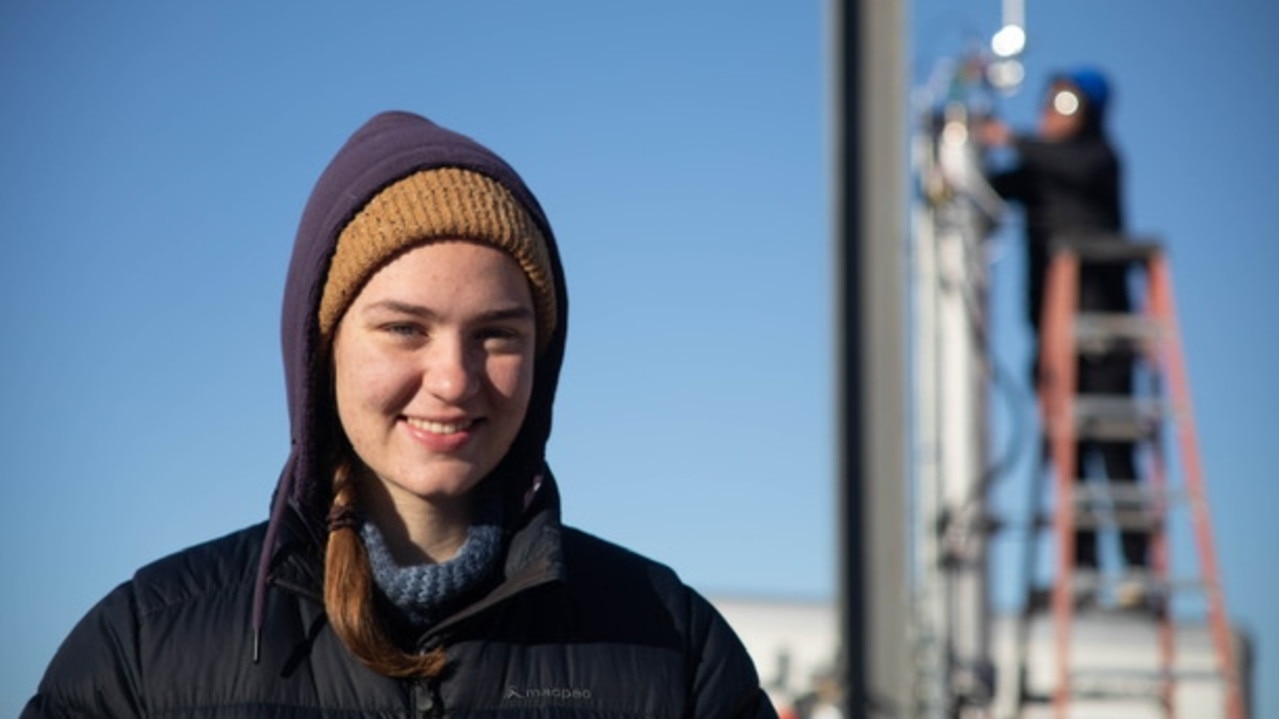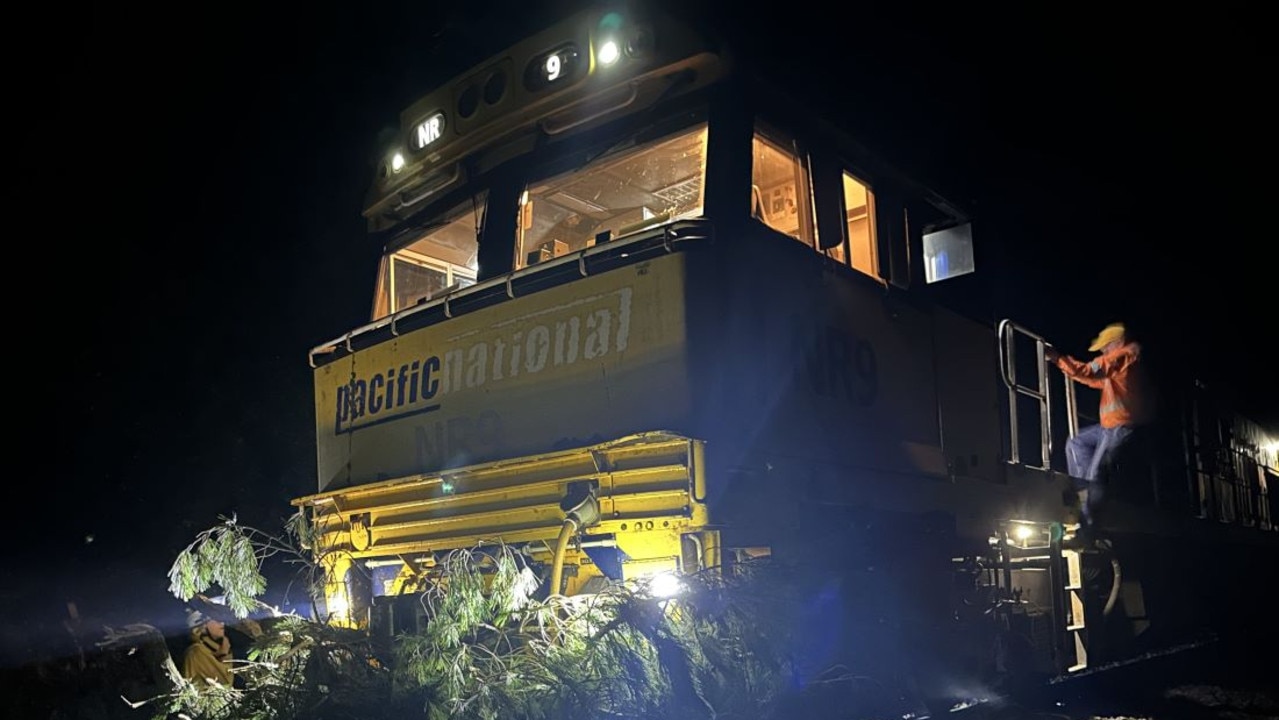A remarkable escape: Taliban take over ‘was like a scene from a horror movie’
Embassy worker Jawid recounts his remarkable escape from Afghanistan and the moment an Aussie soldier saved him and his young family.

SA News
Don't miss out on the headlines from SA News. Followed categories will be added to My News.
Australian Embassy worker Jawid and his young family are one of the first Afghan humanitarian visa arrivals to settle in Adelaide this month. The family counts its blessings in a remarkable escape from the Taliban less than a month ago.
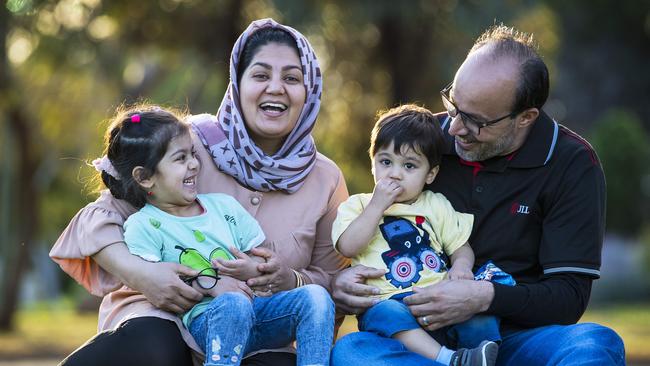
THE TALIBAN’S THREAT
As the cities and towns around Kabul fell to the Islamist group, a warning was repeatedly made clear, said Jawid.
“The Taliban threatened they would either shoot you in the head or in the heart if you worked for the embassies because you’re the reason the foreign allies know everything they do about Afghanistan,” said Jawid, through interpreter Behishta Anwar, from the Afghan Cultural Association of SA.
The 37-year-old has been a maintenance worker for the Australian Embassy in Kabul for the past 11 years.
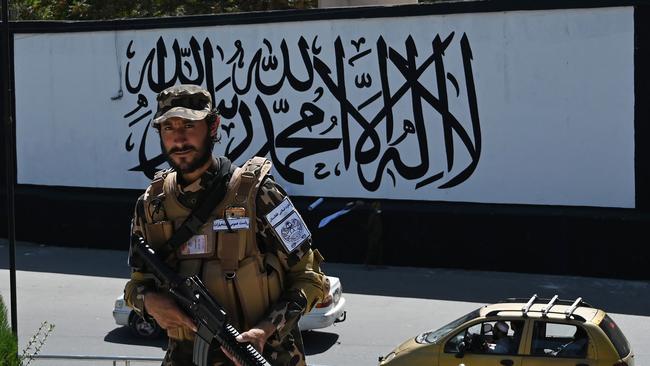
Official embassy documents verifying his employment have been witnessed by The Advertiser, which has chosen not to fully name Jawid and his family for the safety of their extended families back in Afghanistan.
Eight weeks before the August 15-takeover of Kabul, Australian embassy staff advised its Afghan workers to apply for Australian visas if they felt they needed to. It is lucky Jawid did (blessing number one).
He and his wife Nazifa, 30, and their children Marwa, aged three, and Hamza, 20 months, are now safe in Adelaide’s northern suburbs, having spent 14 days in Covid-quarantine. They have been housed by Anglicare temporarily.
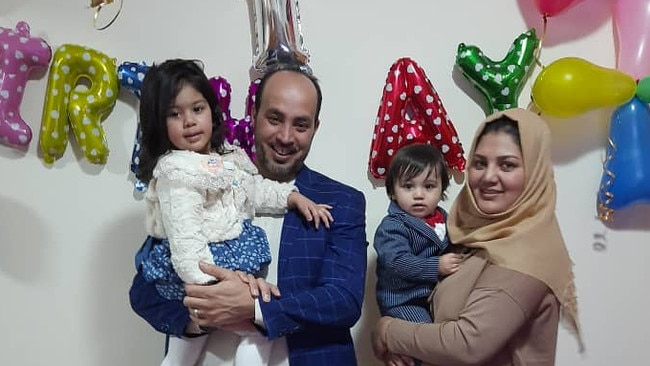
THE TALIBAN TAKE OVER KABUL
“People were running for their lives, parents were in the streets searching for their children – it was like a scene from a horror movie,” said Nazifa.
Nazifa, a secondary school math teacher, went to work on August 15 because her Year 11 students needed to complete an exam and she felt the Taliban’s past takeovers of nearby cities had always been at night.
Halfway through their exams, the chaos began, she said. It was 10am, and the city’s entire mobile network shut down. Everyone rushed home.
It was from this moment, said Nazifa, that their very normal, middle-class lives began to turn rapidly upside down.
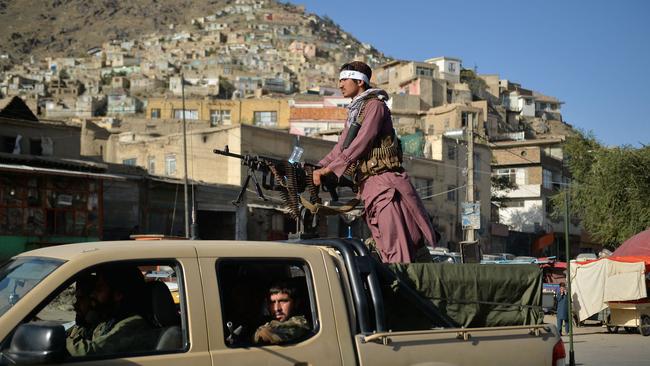
“We had to hide,” said Jawid. “Straight away, I had to get rid of any evidence that I worked in the embassy – documents, ID’s, anything that linked me back had to be destroyed fast,” he said.
The family began to panic. Their visas had not yet been approved. They were trapped in their city apartment.
Nazifa said: “The next day, on the 16th (of August), everything was shut. There was no-one around. It was like a ghost town.
“And yet a week before, life was perfectly normal: I would go to work, my children would go to child care. There was no way we could have imagined what was coming.”
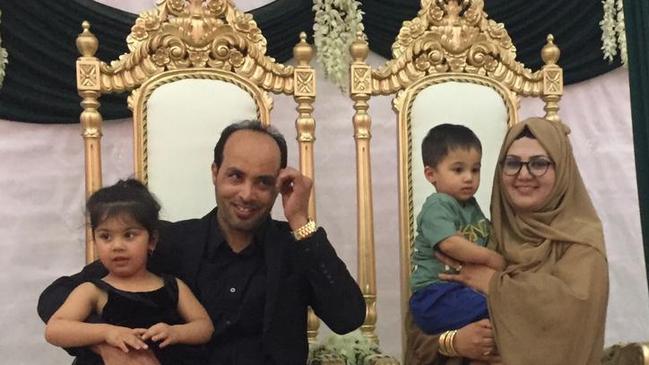
THE ESCAPE
One week after the Taliban takeover, the family’s temporary humanitarian visas were approved (blessing number two).
Within five hours, the family were on their way to Kabul’s Hamid Karzai International Airport – a 6km drive from the city centre. They did not have time to pack many belongings or say their final goodbyes to family.
Nazifa was extremely worried for the safety of her children at the airport perimeter where tens of thousands of Afghans were crushing each other to gain access to very limited military recuse flights out of Kabul.
“We heard of children – one aged three – dying in their parents arms of dehydration because they could not move from their spot outside the airport to get water or food and they had been there for days,” said Nazifa.
“I did not want to lose my children but if we stayed, my husband would be killed. So we decided to put our fate in faith’s hands and just go and hope for the best.”
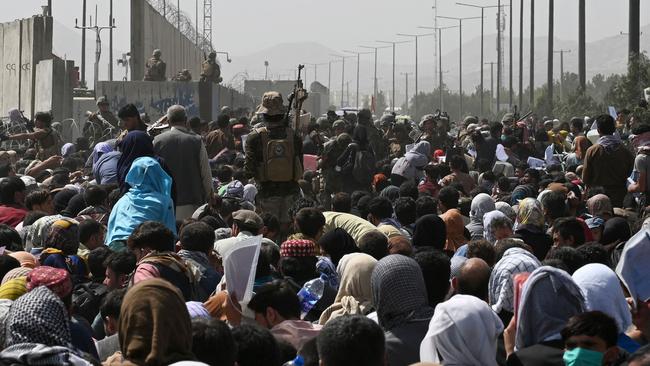
They reached the airport’s perimeter gates at 9pm after wading through a sewerage drain – the only way through – with their children hoisted up on their shoulders.
As they stood should to shoulder in the hot Summer night air, Nazifa recounted through tears that people were arguing and scuffles were breaking out as every inch of space was hard fought for. Those beside her had been waiting seven days at the airport. “Seven days! We had no hope,” she said.
But at 11.30pm came blessing number three. An Australian military official heard Jawid’s constant call-out – ‘I have Australian visa documents’ – above the crowd of 50,000.
“We were the lucky ones,” said Nazifa. “I don’t know how, but someone must of heard our prayers.”
Jawid and Nazifa cradled their children – their eyes infected from the sewage – overnight inside the airport as the family waited for their flight out of Kabul.
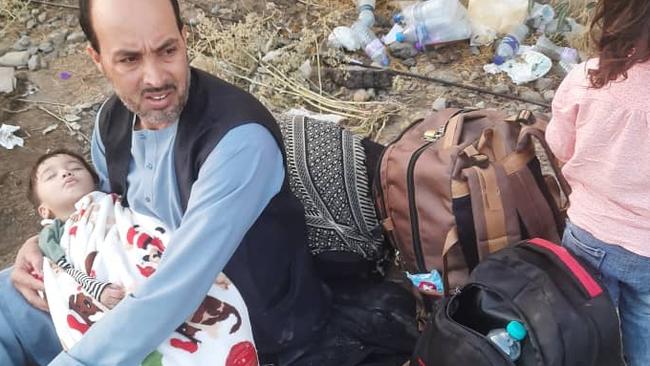
NEW HOPE AND SURVIVOR’S GUILT
“As soon as we sat on the plane that’s when it hit that we had survived this horror and it was like heaven on earth,” said Jawid.
The family were among the first 89 Afghan arrivals to land in Adelaide on August 25.
On September 9, they were cleared from mandatory 14-day quarantine at the Hotel Grand Chancellor in Hindley St.
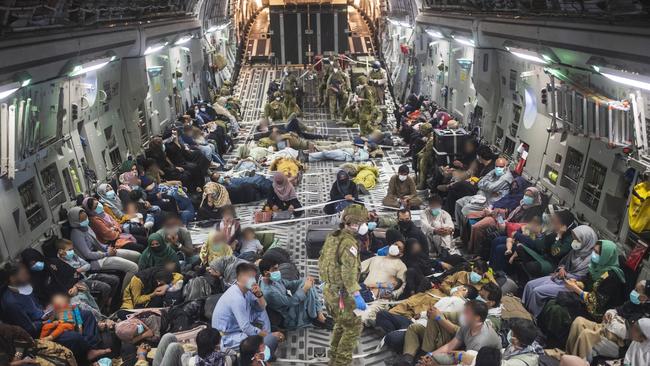
On Wednesday, a second group of Afghan evacuees were released from quarantine – some will remain in SA and others will reunite with family and friends interstate.
Jawid and Nazifa are being supported by charities like Welcoming Australia and the Afghan Cultural Association of SA which are desperately fundraising clothes and food for them. The family have very little – a few light clothes and a handful of photographs.
“We have a future here and we are safe,” said Jawid. “And we are grateful and we are happy but there is always that constant reminder of those we have left behind. They are still in grave danger.”
Since arriving in SA, they have been told family members who worked for the Afghan Government have had their bank accounts frozen and are in hiding. Jawid said many Afghan nationals who worked at the Australian Embassy and were granted temporary visas could not escape.
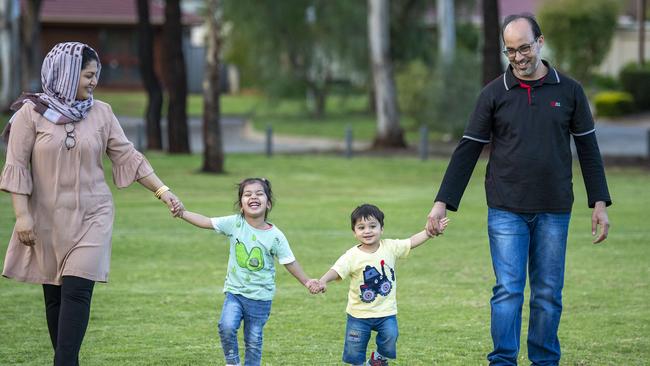
The family’s temporary visa expires in three months. They will be provided with Centrelink payments for living expenses including rent and food as their application for permanent residency is processed. The children will be enrolled at childcare and Jawid and Nazifa will learn English.
The federal government has promised it will not abandoned those who helped Australia in Afghanistan, vowing timely visa processing and resettlement.
To support new Afghan arrivals as they settle in SA visit www.welcoming.org.au and those in Afghanistan through www.humanappeal.org.au.




